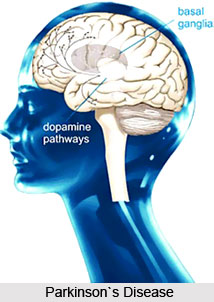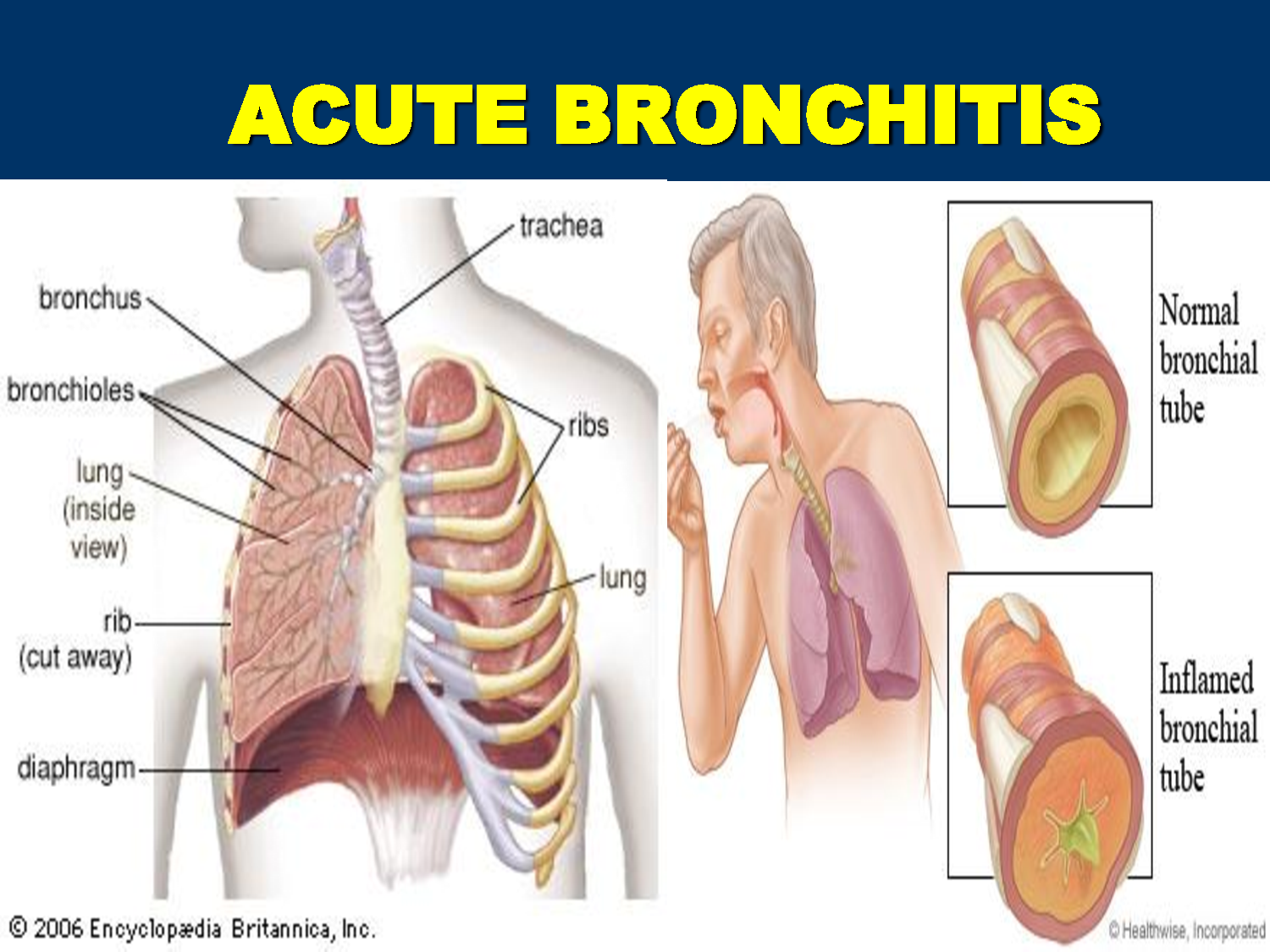Abulia, also known as aboulia, is a state of diminished motivation. In general, abulia refers to a type of apathy that develops as a result of disease, specifically disease that affects the brain. Some people who have abulia are aware of the change in level of motivation, but it is particularly noticeable and upsetting for friends and loved ones.
An individual who experiences abulia may show symptoms that range from subtle to overwhelming in levels of severity, with mutism (not speaking) being the most extreme form.
Abulia is most commonly associated with neurologic or psychiatric conditions. It is estimated that about 20-30% of stroke survivors experience apathy or abulia.
When abulia results from a sudden event, such as a stroke, it may become apparent during or after stroke recovery. When abulia results from a progressive disease, such as Alzheimer’s disease or Parkinson’s disease, it may worsen over time.


Symptoms
There are a number of symptoms of abulia.
Typical symptoms may include any combination of the following:
- Apathy- lack of interest or motivation in getting things started or in joining activities. Not enthusiastic about getting things done. Difficulty initiating or completing projects or important tasks.
- Disinterest in things that are going on or in participating in activities or events.
- Passivity
- Lack of opinion or lack of expression of opinion about preferences
- Asocial- lack of interest in other people, lack of interaction with others, limited communication with others, avoiding others.
- Extreme quiet or muteness
- Physical slowness of movement
- Lack of spontaneity
- Emotionally remote
- Difficulty in making decisions or plans, indecisiveness
- Chewing food for long periods of time without swallowing
Causes
Brain damage or dementia can interfere with normal functioning in the brain, resulting in abulia.
Damage to the nerve circuits of the frontal lobes of the brain that impact the dopaminergic system, is thought to be the cause of abulia. The dopaminergic system describes the system of chemicals produced in the brain that provide positive feelings of happiness and satisfaction. Thus, it is possible that once positive feedback is disrupted, there is little incentive to try to attain things that make a person ‘happy.’
Most people who experience and show symptoms of abulia have experienced one of the following conditions:
- Stroke
- Huntington’s disease
- Schizophrenia
- Acquired brain injury- from trauma, cancer or infection
- Alzheimer’s disease
- Vascular dementia
- Lewy body dementia
- Parkinson’s disease
- Frontotemporal dementia
Difference From Depression
While they share some features in common, abulia and depression are not the same. Abulia is clinically distinct from depression in that people living with abulia typically do not exhibit signs of sadness or negative thoughts. Instead, they exhibit a lack of concern about their condition or about the world around them.
Establishing the difference between the two conditions and getting an accurate diagnosis is important because abulia does not improve with antidepressant medications, while people who have depression should generally expect to experience improvement of symptoms with antidepressants.
Diagnosis
You might be wondering whether you have abulia or depression or whether your friend, coworker or loved one has abulia or depression. You should start by seeking medical attention so that the symptoms and signs can be carefully evaluated.
The diagnosis of abulia may take some time. Abulia is diagnosed through a medical history that details the feelings and actions of the person who might have abulia, as well as a history of the observations make by friends and loved ones. Your doctor may ask further questions and make clinical observations during the office visit. In some cases of abulia, diagnostic imaging with a Brain CT scan or Brain MRI scan can reveal localized brain lesions such as stroke, one of the main causes of abulia.
Treatment
There are some medical treatments available for the treatment and management of abulia. Medications that have an effect on the body’s dopaminergic system, which is disrupted in abulia, have shown positive results when it comes to objective symptoms of abulia.
Cognitive rehabilitation can help in optimizing thinking skills, which may improve abulia. Physical therapy can help with initiating physical activity, possibly increasing motivation in people who are affected with this condition. Counseling and family counseling can improve communication and help in dealing with abulia.










